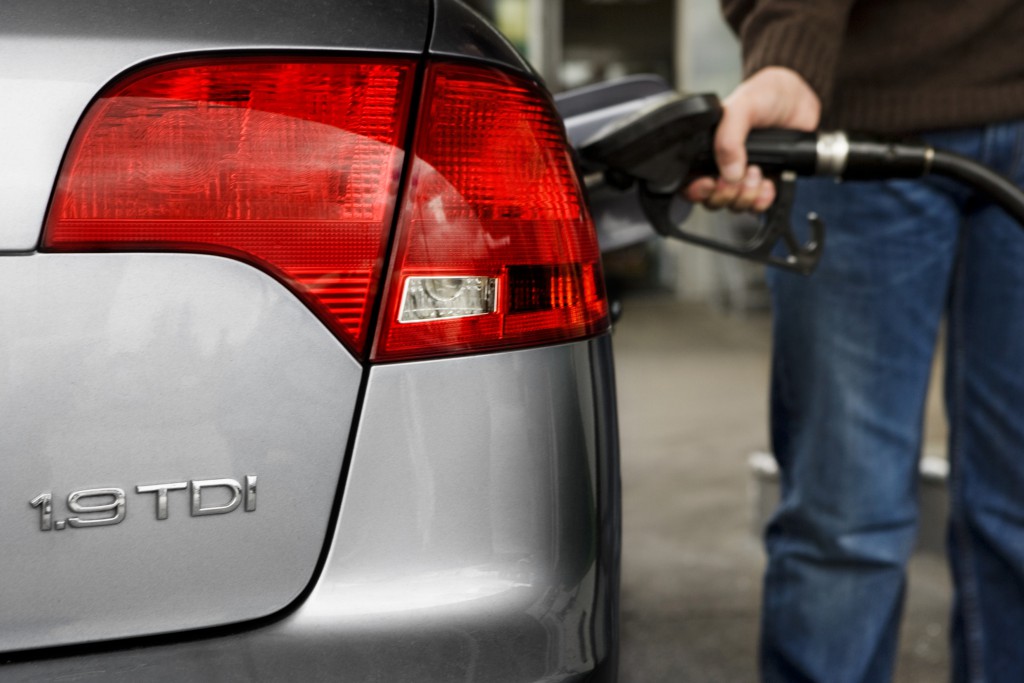Did you feel it? That moment on 7th January when the price of crude oil fell below $50 a barrel for the first time since May 2009?
Even if you didn’t, your bank account surely will. Crude oil is one of our most important resources, and one that’s refined into commodities such as plastic and the petrol that goes in our cars. If it gets cheaper, then those things become cheaper to produce. And if they become cheaper to produce, then they should be cheaper to buy.
This process has already begun, with supermarkets staging one of their sporadic price wars over petrol. Asda recently brought the price of unleaded down to just over 105 pence a litre, with their competitors following suit. The average price across the country is now 109.8 pence, a full ten pence lower than a month ago. Some analysts believe that it will soon fall beneath the fabled one pound level.
George Osborne is ushering the petrol companies in that direction. He’s urged them and other energy companies to do more to pass on savings to their customers. Otherwise, the Treasury may intervene more firmly.
This might seem like a hypocritical bit of posturing from the Chancellor, when over half of the pump-price is accounted for by taxes. But the truth is that he’s in a tricky position. He’s already cut fuel taxes to the tune of £6 billion a year, but the public finances can’t sustain much more of that. For real reductions in petrol prices, we shall have to rely on global market forces rather than on Osborne’s Budgets – as he’s admitted himself.
And now that those global market forces are in play, the Chancellor will be happy to see them continue. There’s the economics of the situation, of course: cheaper petrol should mean that people and companies drive more, which in turn means more tax revenue for the Government. But there’s the politics too: all of this could contribute to a feel-good factor as the election approaches, which has been lacking from the country’s recovery so far.
But will there be other, less happy consequences? We investigated the costs of lower fuel prices – albeit ones brought about tax cuts – in a recent post. Turns out, it’s not just about pounds and pence, but also variables such as congestion and emissions. You might rush out to buy petrol now, but will you do so when everyone else has the same idea and the roads are chock-full? Feel-good could make way for feel-bad.
The problem with so many of these effects is that they are unpredictable and, in many cases, unmeasurable. We know that crude oil prices will affect our daily lives, politics, economy and environment, this year. But, sadly, we can only have the crudest idea of how.




